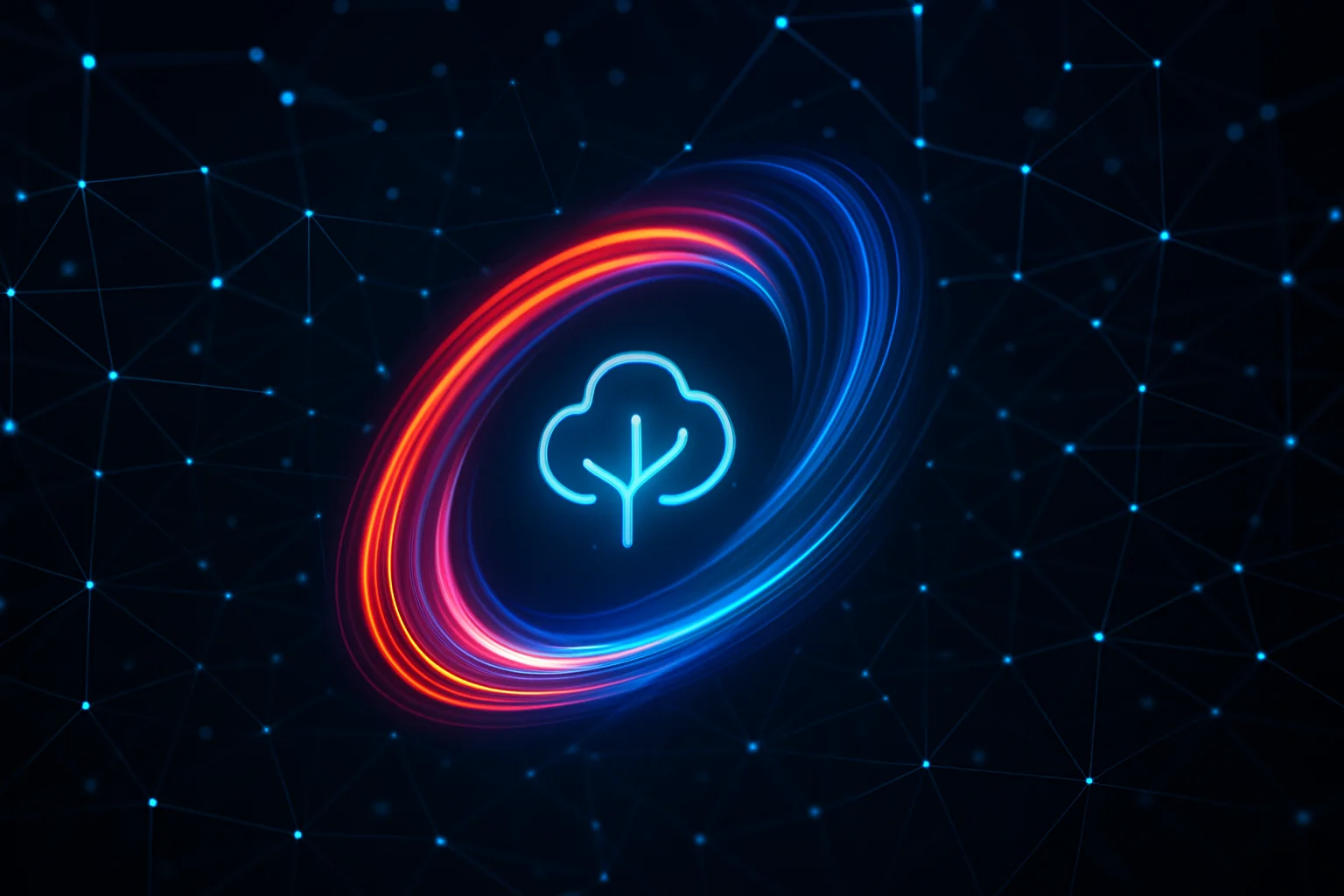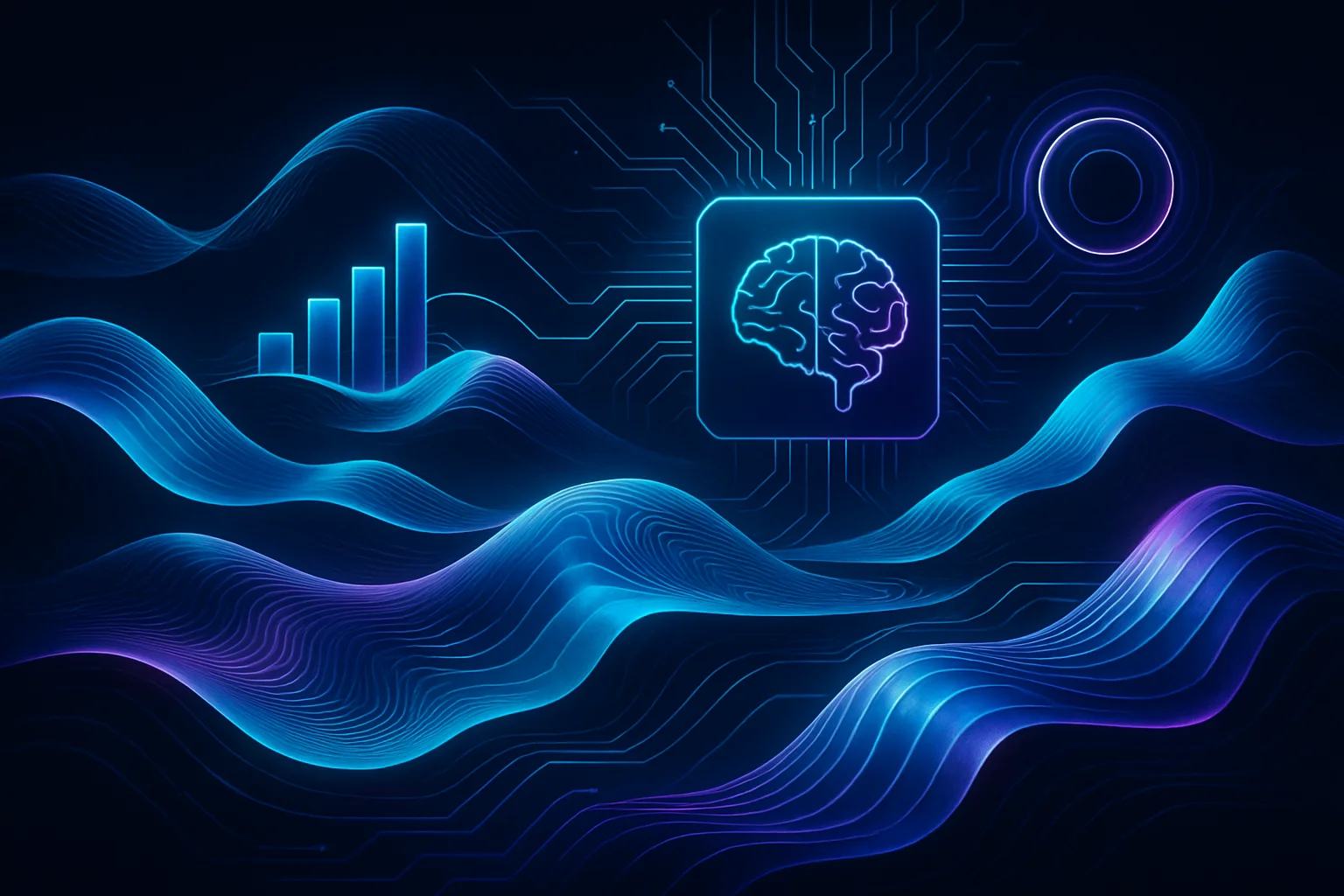In the growing world of AI-driven search engines like ChatGPT, Claude, and Perplexity, the traditional approach of using standalone SEO or generative AI writing tools is no longer sufficient. To truly excel, content teams must embrace an end-to-end Artificial Intelligence Optimization (AIO) strategy. This involves orchestrating a specialized set of tools across various stages of content creation and optimization. By doing so, teams can enhance the relevance signals that AI search engines rely on to rank and retrieve content. This article will guide you through the best AIO tools and workflows, essential for dominating AI-first search platforms in 2025. For a deeper dive into AI search optimization, check out our guide on how to rank in AI search engines.
What This Article Covers
- How to integrate AIO tools into a cohesive workflow for AI search success.
- The importance of prompt-native SEO and how to design content for LLM query patterns.
- Cost-performance trade-offs between open-source and proprietary AIO tools.
- A framework for testing and feedback loops against real AI search engines.
- Practical use cases demonstrating successful AIO implementations.
The AIO Pipeline Pyramid
To effectively harness the power of AIO tools, it’s crucial to understand the AIO Pipeline Pyramid, which consists of three layers:
Base: Discovery & Prompt Library
The foundation of any successful AIO strategy is a robust discovery phase. This involves mining questions, analyzing trends, and setting up a centralized prompt library using tools like Notion or Confluence. This stage is crucial for identifying the topics and queries that resonate with AI search engines.
Middle: Generative & Semantic Enrichment
Once you have a solid base, the next step is to focus on generative content creation and semantic SEO enrichment. Utilize LLMs for drafting and tools like SurferSEO for entity mapping and topical depth. This stage ensures that your content is not only generated effectively but is also enriched with the necessary semantic elements that AI models prioritize.
Apex: AI-SERP Testing & Monitoring
The final layer involves testing your content against AI search engines like ChatGPT, Claude, and Perplexity. By prototyping queries and monitoring performance, you can refine your content to better align with AI search algorithms. This iterative process is essential for maintaining high relevance and visibility.
Implementing AIO in Practice
Consider a SaaS startup aiming to improve its AI search rankings. Initially, they might use Perplexity’s “Related Questions” feature to build a comprehensive question bank. Next, they would employ LangChain to auto-generate answers, refining them in SurferSEO for enhanced entity depth. This approach not only streamlines content creation but also ensures it is optimized for AI search engines.
In another scenario, a B2B agency could conduct weekly “prompt hackathons” to test different prompt variants in ChatGPT Plugins, using a custom dashboard to track performance metrics. This iterative testing and feedback loop is crucial for optimizing prompts and improving AI search rankings.
How Gentura Fits Into This Workflow
While many teams rely on external AIO tools and scattered workflows, Gentura replaces the entire toolchain with its own proprietary agent framework. Instead of relying on SurferSEO, LangChain, or Perplexity mining tools, Gentura’s agents operate on:
- direct data API ingestion
- foundation models
- custom-built semantic scoring systems
- a proprietary end-to-end AIO pipeline
Gentura agents perform topic discovery, semantic enrichment, prompt-native structuring, and AI-SERP testing autonomously. Hundreds of expert-designed system prompts ensure consistency, depth, and ranking performance. This allows teams to skip tool orchestration entirely and run AIO as a fully autonomous, battle-tested workflow.
For a deeper explanation of this agent architecture, see our article on how Gentura agents optimize for AI search.
How to Implement This in Your Marketing
- Tool & API Vetting: Evaluate tools based on cost, compliance, and context-window capabilities.
- Centralized Prompt Library Setup: Use platforms like Notion or Confluence to organize prompts.
- Discovery Phase: Conduct query mining and topic clustering to identify key areas of focus.
- Prompt Engineering & Testing: Run tests in an LLM sandbox to refine prompt effectiveness.
- Draft Generation & Semantic Analysis: Integrate SEO tools for semantic enrichment.
- Quality Assurance: Perform hallucination checks and plagiarism scans to ensure content accuracy.
- AI-SERP Prototyping: Test real queries in AI search engines to gauge performance.
- Publish & Track: Use custom analytics and AI-SERP feedback to monitor results.
- Iterate: Continuously refine prompts and strategies based on performance data.
For more detailed guidance on optimizing AI search engines, explore our article on how Gentura agents optimize for AI search.
FAQ
What are the best AI SEO tools for optimizing content for ChatGPT?
The best tools include SurferSEO for semantic optimization, LangChain for automated content generation, and Perplexity for query discovery.
How do I set up an end-to-end AIO workflow?
Start with tool vetting, set up a prompt library, conduct discovery, and follow through with prompt engineering, semantic analysis, and AI-SERP testing.
How do I test my content’s rank in Perplexity or Claude?
Use AI-SERP prototyping by running real queries in these platforms and analyzing the results to refine your content strategy.
How do I prevent hallucinations in AI-generated SEO content?
Implement a robust QA process with hallucination checks and fact-verification tools to ensure content accuracy.
How often should I refine prompts for evolving AI models?
Prompts should be refined continuously based on performance metrics and updates to AI models to maintain effectiveness.
Conclusion
In 2025, mastering AIO tools and workflows is essential for success in AI-driven search environments. By adopting a comprehensive AIO strategy, you can enhance your content's relevance and visibility in AI search engines. If you'd rather have autonomous agents run this entire workflow for you, Gentura can do it on autopilot while you focus on product.
Gentura builds autonomous marketing agents that replace the full expert marketing workflow. Our agents research, plan, write, optimize, publish, and monitor content automatically.
Related Articles

AIO: How to Rank in AI Search Engines (ChatGPT, Claude, Perplexity)
Master AI Search Optimization with our comprehensive guide to ranking in AI search engines like ChatGPT, Claude, and Perplexity.

How Gentura Agents Optimize for AI Search
Discover how Gentura's AI Search Optimization Workflow enhances visibility in AI-generated results through prompt engineering and content architecture.
Ready to Get Started?
Transform your marketing with AI-powered agents. Create content at scale, optimize campaigns automatically, and grow faster.
Get Your AI Agent
